President Donald Trump has officially announced a 25% tariff on all cars shipped into the US, a significant escalation in the global trade war.
 |
| Mr. Trump imposed a 25% tax on all cars imported into the US. (Photo: David Paul Morris/Bloomberg) |
The tariffs, which will take effect on April 3, are aimed at expanding the auto manufacturing capacity of the world's largest economy.
President Trump declared: “If the car is made in the United States, there will be absolutely no tariffs.”
The new tariffs will apply not only to foreign-made cars but also to auto parts, including engines and transmissions. The auto parts tariffs will take effect “no later than May 3,” according to a proclamation signed by Mr. Trump.
Meanwhile, parts originating from Canada and Mexico that comply with the United States-Mexico-Canada Agreement (USMCA) will be exempt from tariffs until U.S. Customs and Border Protection has a system in place to apply the tariffs.
The White House predicts the new tariffs could bring in $100 billion a year.
Initial reaction
The White House boss's latest tariff announcement is causing "shock" in the world market.
Immediately after Mr. Trump's announcement, on the morning of March 27 (Vietnam time), the stocks of the three largest car manufacturers in the US, Stellantis, Ford and General Motors, all fell. Specifically, General Motors shares fell more than 7%, Ford and Stellantis both fell more than 4%.
Shares of electric car maker Tesla, which manufactures all of its vehicles in the United States and sells them domestically, also fell 1.3%. In a post on X, Tesla CEO Elon Musk said the company was also affected by import tariffs.
A similar picture played out in Asian stock markets. In Japan, shares of Toyota, the world’s largest automaker, fell 3.3% in recent trading, while Honda and Nissan both lost more than 2% of their value.
Japanese Prime Minister Shigeru Ishiba told lawmakers on March 27 that all options will be considered in response to the US decision to impose a 25% tariff on imported cars .
Meanwhile in Seoul, the government held an emergency meeting with local automakers to discuss the impact of the tariffs.
"US tariffs are expected to pose significant challenges to our auto businesses. Seoul exports a large volume of these items to the Washington market," South Korean Trade Minister Ahn Duk-geun predicted.
In Canada, Prime Minister Mark Carney said the tariffs were a “direct attack” that violated the USMCA. Ottawa would consider response options, including the possibility of retaliatory tariffs.
“President Trump has announced a 25% tariff on our auto industry. And this is a direct attack, to be clear, a direct attack on Canadian workers. We will protect our workers, we will protect our companies, we will protect our country, and we will protect our country together,” the prime minister said.
Meanwhile, President of the European Commission (EC) Ursula von der Leyen affirmed that the new move by the US President is "not good for businesses or consumers".
Car prices increase by thousands of dollars
Some investors fear the import tariffs could send shockwaves through the global auto industry, which has been battered by Mr Trump's often-changing tax policies.
If sustained over time, the new tariffs could add thousands of dollars to the cost of buying an average car in Washington, and hamper auto production across North America, because automakers’ operations in Canada, Mexico, and the United States have been closely intertwined for the past 30 years.
In addition, tariffs would disrupt vital manufacturing and raise the price of cars for American consumers.
Analysis by Michigan-based research organization Anderson Economic Group shows that the cost of producing cars at factories in the world's largest economy will increase from $3,500 to $12,000 per car.
According to experts, no car is made entirely of American parts. Data from research firm GlobalData shows that nearly half of all cars sold in the US in 2024 will be imported.
Autos Drive America - a group representing major foreign automakers in the US - said Mr Trump's new tariffs would make manufacturing and selling cars in the world's largest economy more expensive, leading to higher prices, limited consumer choice and fewer jobs in the US auto manufacturing industry.
Meanwhile, Mr. Brad Setser, a former US Treasury official, said that about 4 million cars imported from Canada and Mexico are now subject to tariffs of 25% or more, which is likely to push up car prices and reduce US car sales for a while.
"In addition, the new tax rate that Mr. Trump announced would clearly violate the USMCA. This tax would significantly impact the US economy because the amount of finished cars imported by Washington is nearly equal to 1% of the country's Gross Domestic Product (GDP), "said Mr. Brad Setser.
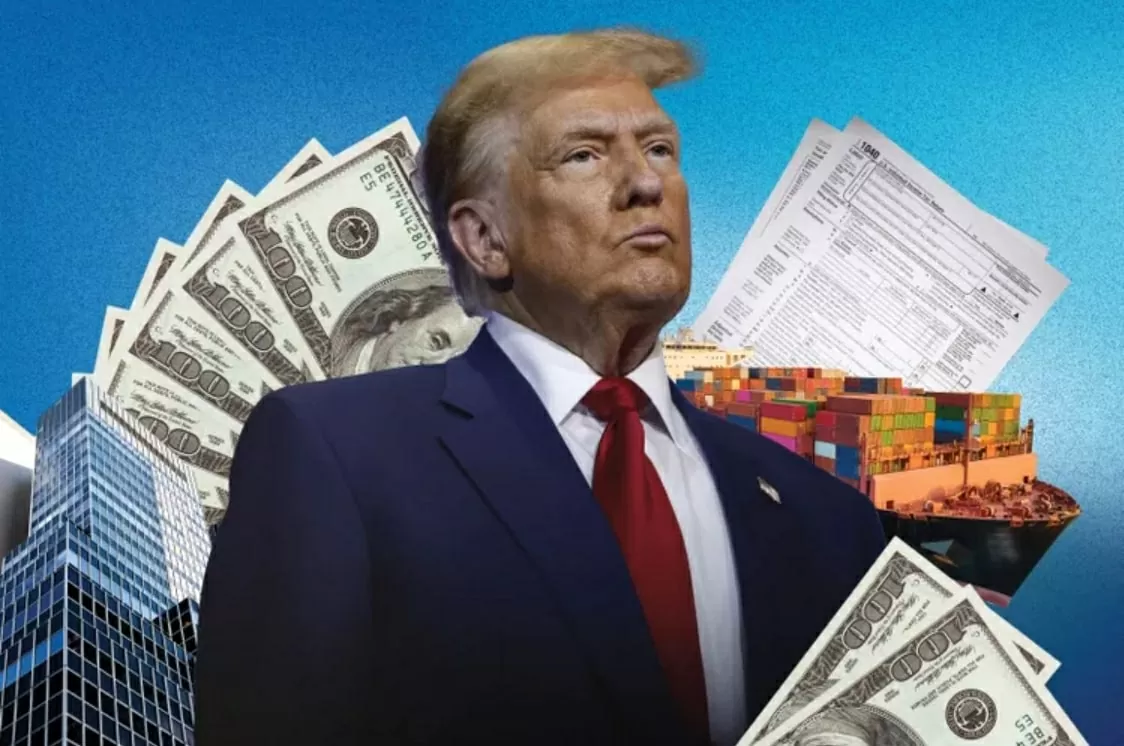 |
| Mr. Trump considers tariffs on imported cars a key policy during this term. (Source: Investopedia) |
A headwind
The White House boss has made tariffs on imported cars a key policy of his term. He hopes that the 25% tax will boost domestic production and reduce the budget deficit.
Although it has caused a "shock" in the world market, this decision also received strong support from those who support the policy of protecting American industry and workers.
For example, the United Auto Workers (UAW).
"This is the right move for autoworkers and the American working community," said UAW President Shawn Fain. "Now the onus is on manufacturers, from GM to Ford to Stellantis to Volkswagen, to bring quality jobs back to the world's largest economy."
However, many people think that when the US auto industry still depends on imported parts, is it worth making a trade-off?
As Wedbush analyst Dan Ives notes, the new tariffs would be a headwind for foreign automakers (and many American automakers).
And he still hopes that Mr. Trump will "turn around" and have some form of negotiation so that the tariffs can change next week!
Source: https://baoquocte.vn/thue-quan-o-to-mang-lai-100-ty-usdnam-cho-my-the-gioi-rung-dong-ky-vong-ong-trump-quay-xe-309018.html



![[Photo] Ministry of Defense sees off relief forces to the airport to Myanmar for mission](https://vstatic.vietnam.vn/vietnam/resource/IMAGE/2025/3/30/245629fab9d644fd909ecd67f1749123)


![[Photo] Prime Minister Pham Minh Chinh chairs meeting to remove difficulties for projects](https://vstatic.vietnam.vn/vietnam/resource/IMAGE/2025/3/30/7d354a396d4e4699adc2ccc0d44fbd4f)



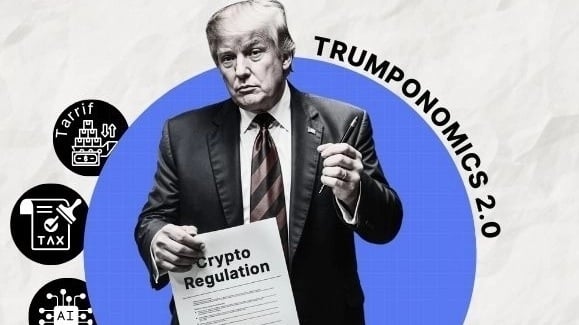

































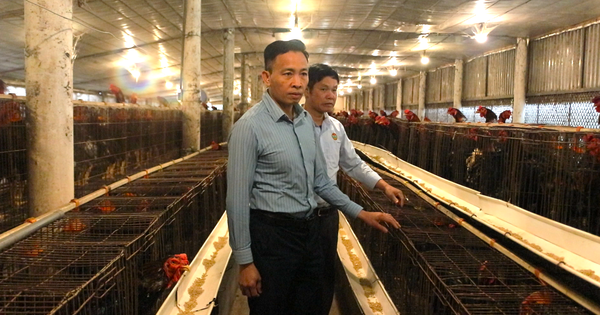









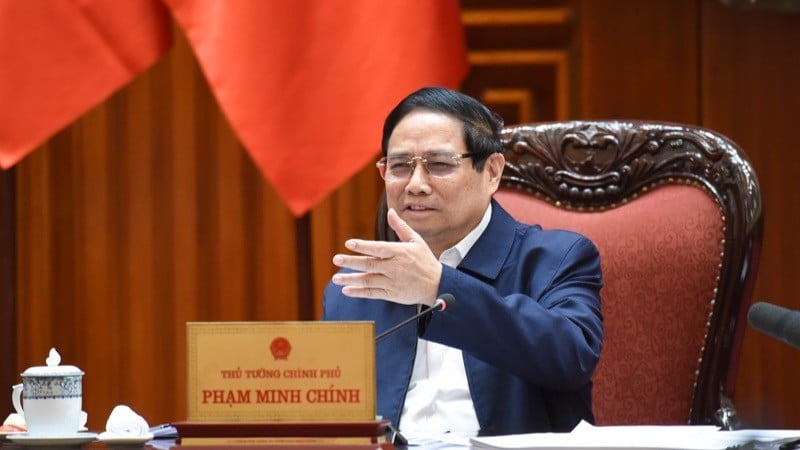



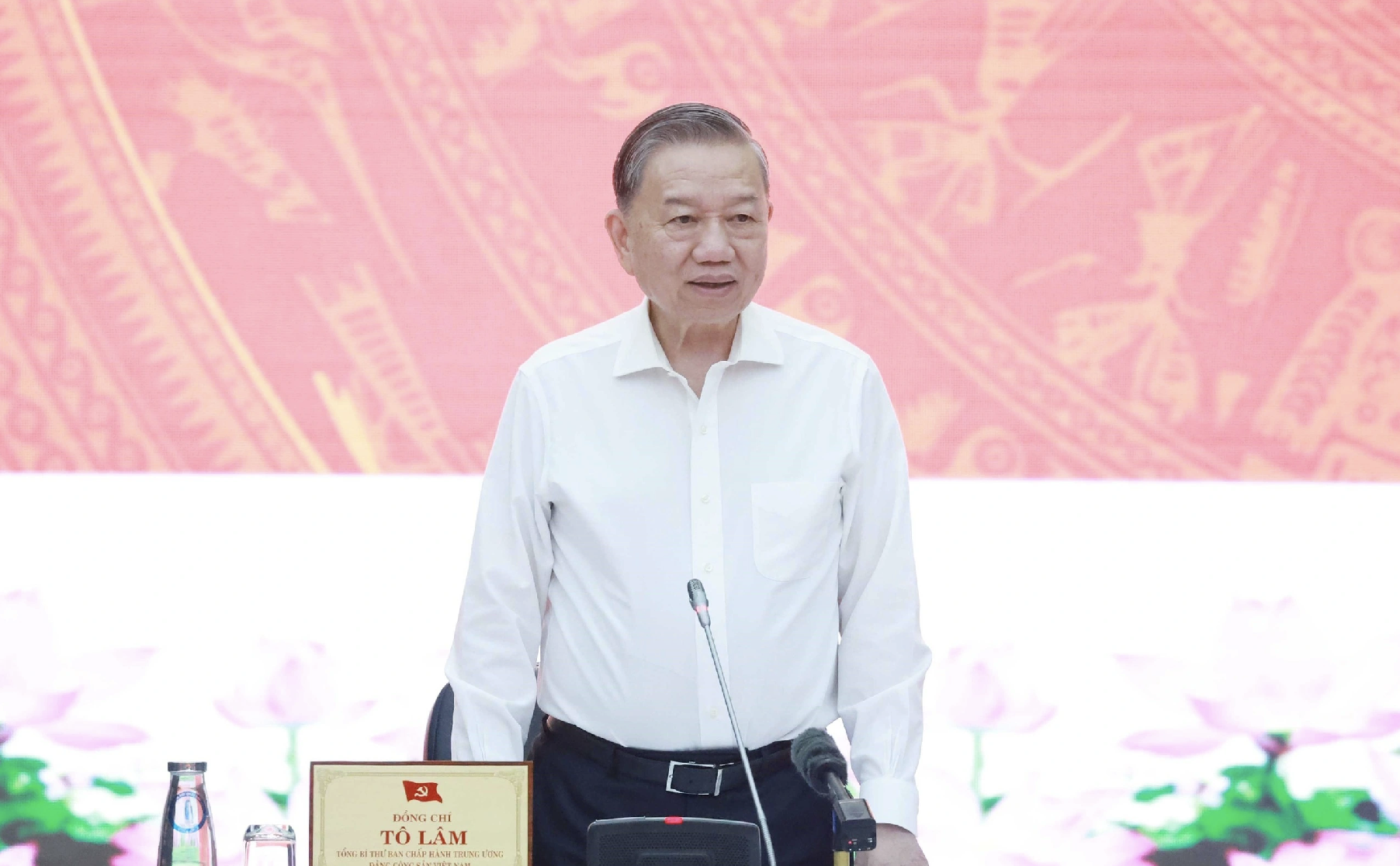





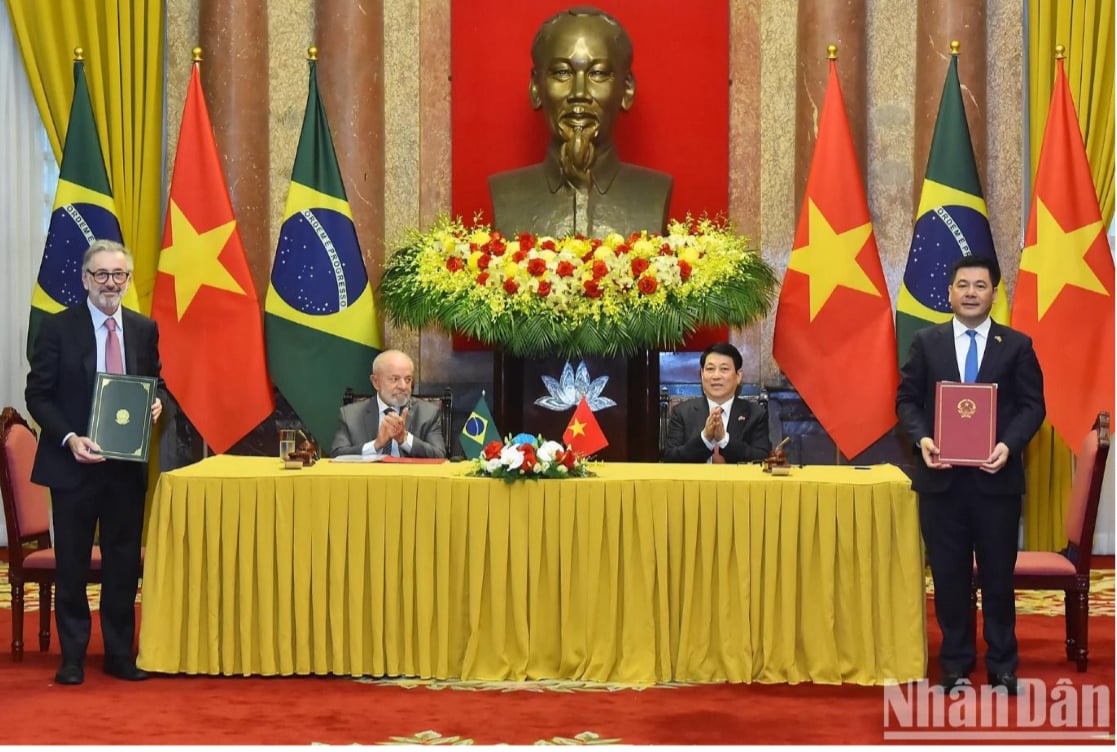







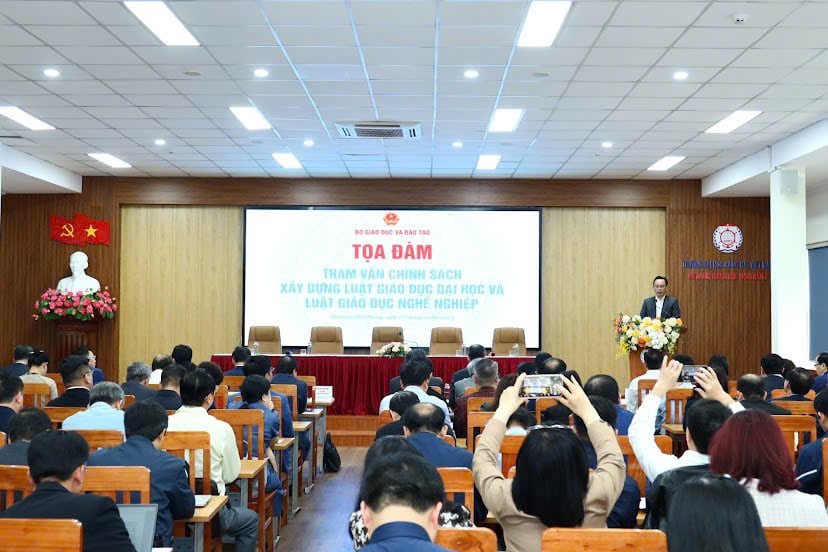












![[REVIEW OCOP] An Lanh Huong Vet Yen Cat](https://vstatic.vietnam.vn/vietnam/resource/IMAGE/2025/3/27/c25032328e9a47be9991d5be7c0cad8c)






Comment (0)